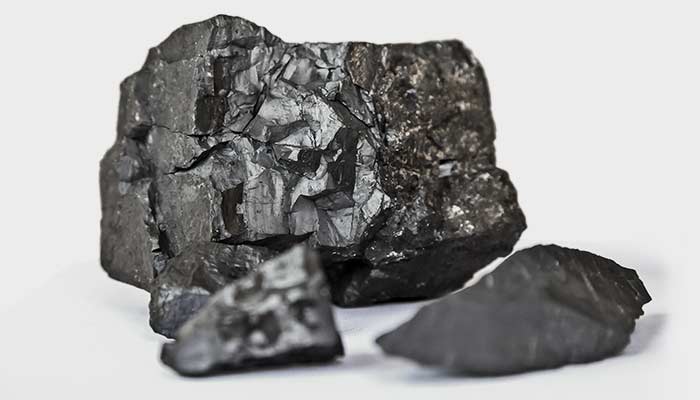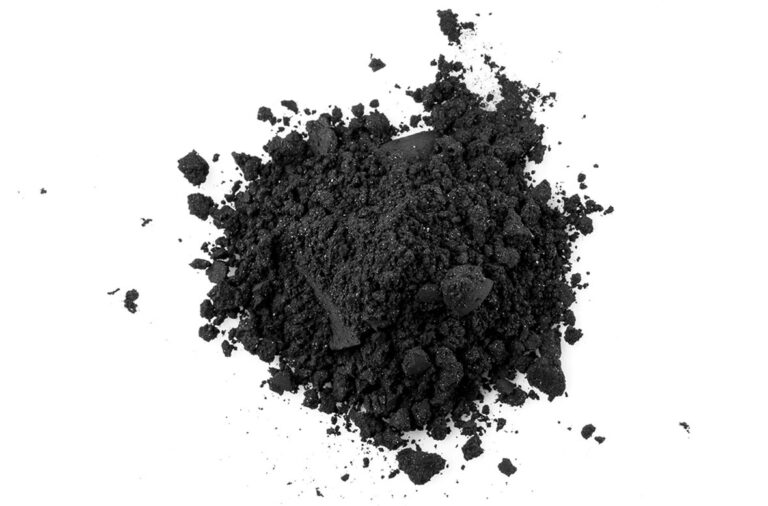Atlantic Equipment: Your Ideal Manganese Powder Supplier

-
MN-110
MANGANESE POWDER
- Formula 25 Mn 54.938
- Purity 99.9%
- Particle Size -35 + 100 Mesh
-
MN-601
MANGANESE DIOXIDE POWDER
- Formula MnO2 86.94
- Purity 80.0+
- Particle Size -200 Mesh
-
MN-180
MANGANESE SPUTTERING TARGET
- Formula Mn
- Purity 99.95% min
- Particle Size 2 inch diameter x 0.25 inch thick
-
MN-301
MANGANESE CARBONATE POWDER, MnCO3
- Formula MnCO3
- Purity 99.9% min
- Particle Size -200 mesh, (30-40 micron APS)
What is Manganese Powder?
Manganese powder is the powdered form of manganese. It is a low-cost agent used in many alloys because of its strength, workability, and resistance to wear. Manganese is an essential part of steel production while also being crucial to the metabolic functions of the human and animal body. The wide versatility of manganese makes it a vital component of global industry and healthy life.

What We Offer
Atlantic Equipment Engineers has been a trusted supplier of high-purity metal powders for almost 60 years. We always prioritize quality and specialize in packing and shipping orders of any size. With AEE, you’ll always get high-purity manganese powder that meets your specifications at a competitive price. We offer manganese powder in various forms, including a range of particle sizes, and now also in a spherical form. Atlantic Equipment Engineers guarantees fast shipping and attentive and knowledgeable customer service every step of the way.
Why Turn to Atlantic Equipment
As industry leaders, Atlantic Equipment Engineers is ready to tackle your high-purity manganese and manganese powder needs. Our commitment to excellent customer service is reflected in our industry certifications. We are proud to be an ISO 9002 certified company, certified to the 9001:2008 standard by DNV. We have experience serving a wide range of clients working in different market sectors and industries—we’re here to help you meet your business goals.

Q: Where manganese is found?
Manganese is often found in minerals in combination with iron. It is the 12th most abundant element in the Earth’s crust and the 5th most abundant metal in the Earth’s crust. The largest producer of manganese is South Africa, followed by Gabon, China, Australia, and India. Manganese nodules have also been found on the floors of the oceans. The nodules contain about 24% manganese with many other elements. Manganese is also found throughout the human body and is essential for all human and animal life.
Q: Does manganese rust?
Rust is the term used to describe the red iron oxides produced when iron interacts with air and water. So while manganese cannot truly “rust” due to the lack of iron, when exposed to water containing dissolved oxygen, manganese will oxidize similarly to iron and therefore resemble rust.
Q: Can too much manganese be harmful to someone?
The human body contains approximately 10–20mg of manganese, which is essential for metabolic function, in addition to forming connective tissues, bones, blood-clotting factors, and sex hormones. However, manganese cannot be stored in the human body, so it must be replenished through diet.
This said, too much manganese can be toxic. Symptoms include hallucinations, forgetfulness, nerve damage, and weakened muscles. Too much manganese can cause Parkinson’s disease, lung embolisms, bronchitis, and schizophrenia.
On the opposite end of the spectrum, too little manganese can cause obesity, glucose intolerance, skin conditions, skeletal disorders, and neurological symptoms.
Q: What do you use manganese for?
Most of the manganese mined today—around 85 to 90 percent—is used in the production of steel. Manganese removes oxygen and sulfur when iron ore (an iron oxygen compound) is converted into iron. It is also an essential part of the final steel alloy. Its properties decrease the brittleness of steel and add strength. It is also commonly alloyed with aluminum and copper.
Other non-metallurgical uses include battery cathodes, water treatment chemicals, and micronutrients in fertilizers and animal feed.
Q: Why is manganese dioxide a catalyst?
Manganese dioxide is the oxidized state of the transition metal manganese. Transition metals are excellent catalysts because of their ability to lend and take electrons from other molecules easily.
A catalyst is a chemical substance that can be added to a chemical reaction without impacting the thermodynamic aspect but significantly increasing the reaction rate.
Manganese dioxide has been found to possess unique structural characteristics that allow it to be modified to react with a wide range of organic substances that are otherwise difficult to degrade and pose a hazard to the environment. Therefore it plays an essential role in the field of environmental protection.
